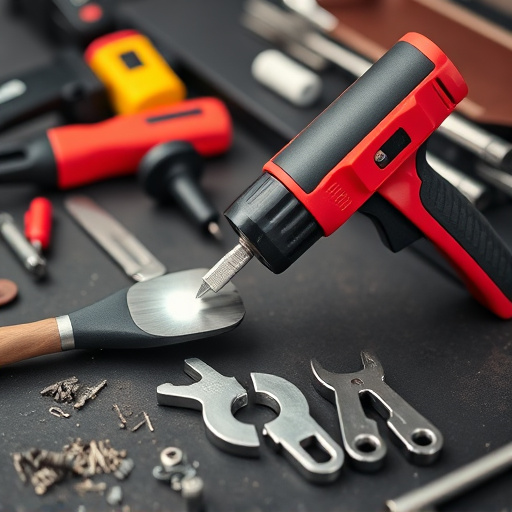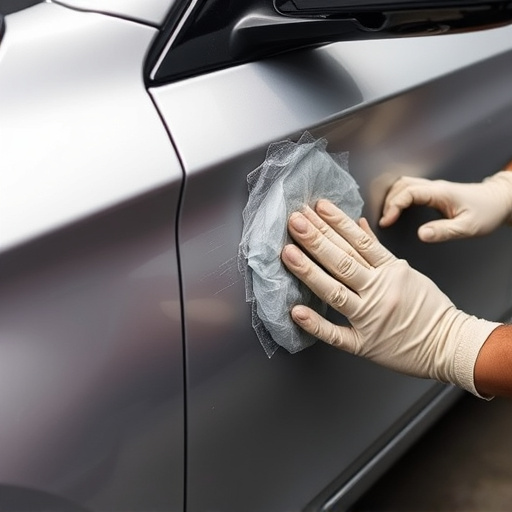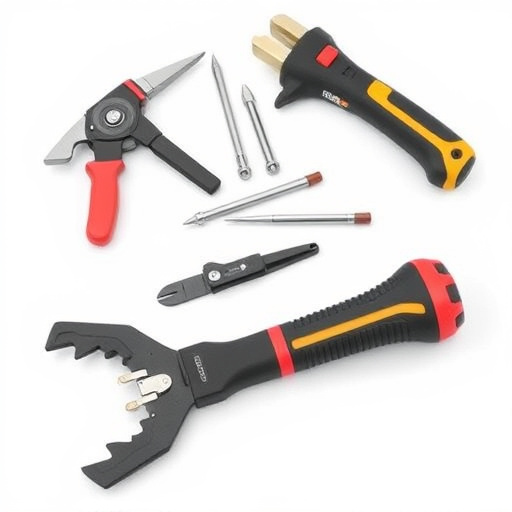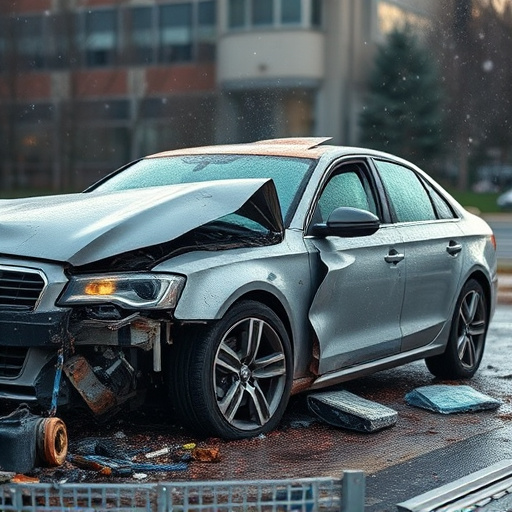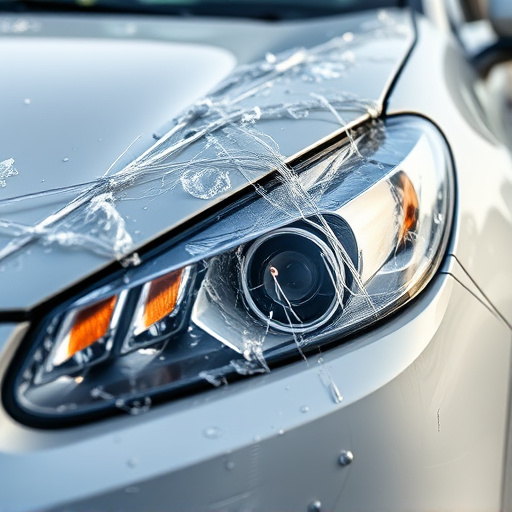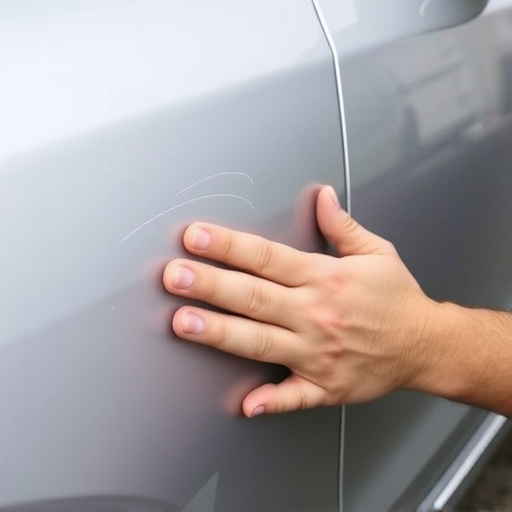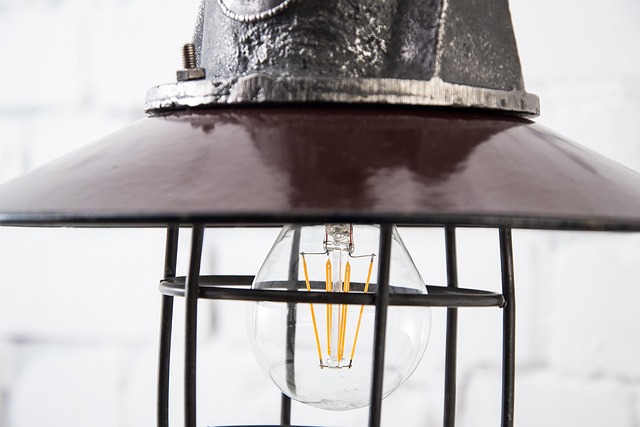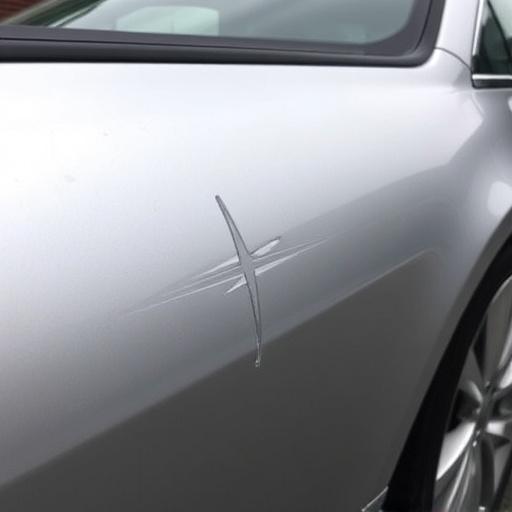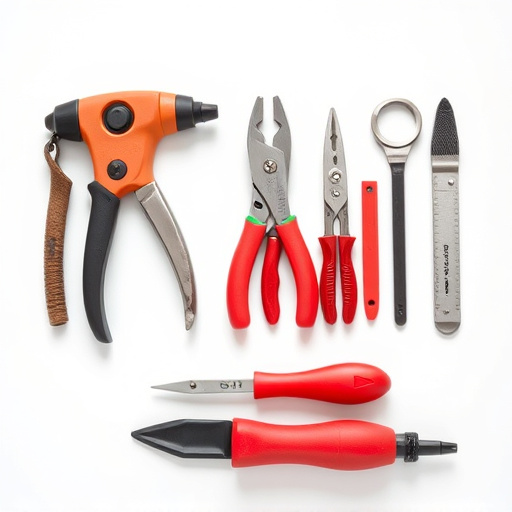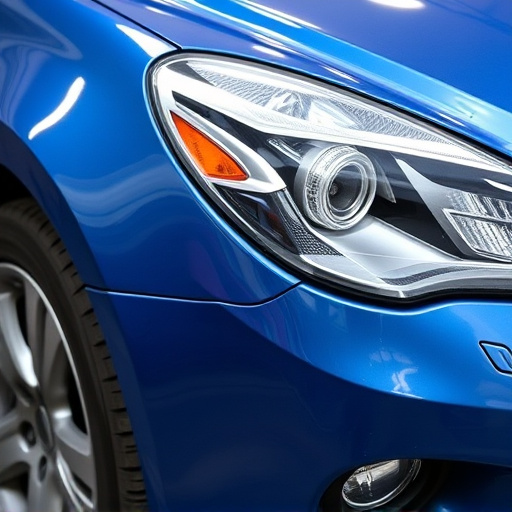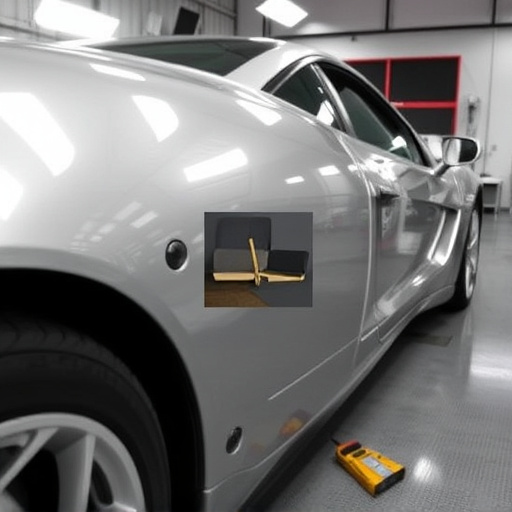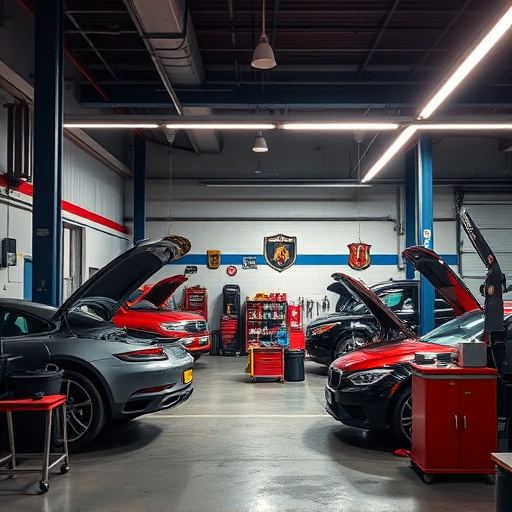In a competitive market for auto aftercare, industry quality certifications are crucial for reliable glass setting materials. These ensure safety, durability, and environmental friendliness, enhancing customer satisfaction and vehicle structural integrity. Options include epoxy resins for bond strength, polyurethanes for flexibility, and silicones for weather resistance, catering to diverse industries. Reputable manufacturers adhere to rigorous testing for effectiveness and reliability in various applications, from automotive to construction.
“In the realm of construction and craftsmanship, ensuring the quality of glass setting materials is paramount. This article explores the critical aspect of industry quality certifications for these components, offering a comprehensive guide for professionals. We delve into the common materials used in glass settings and their respective certifications, highlighting the stringent testing and validation processes that guarantee superior performance. By understanding these standards, contractors and manufacturers can make informed choices, ensuring projects meet the highest industry benchmarks.”
- Understanding Industry Quality Certifications for Glass Setting Materials
- Common Glass Setting Materials and Their Certifications
- Ensuring Quality: Testing and Validation Processes for Glass Setting Materials
Understanding Industry Quality Certifications for Glass Setting Materials
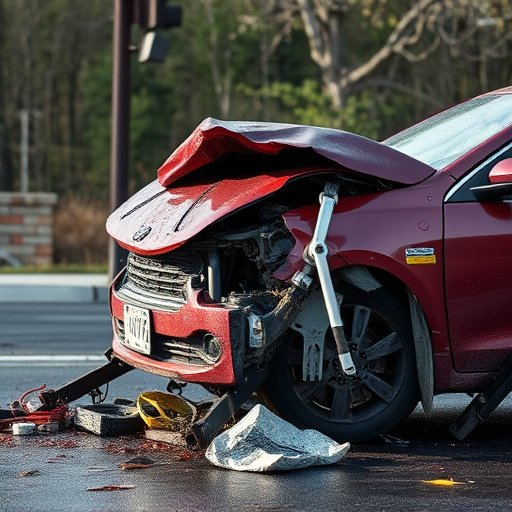
In the competitive landscape of automotive aftercare, ensuring the quality and reliability of glass setting materials is paramount. Industry quality certifications serve as a crucial guide for professionals in the collision damage repair and auto body services sectors. These certifications, such as those offered by renowned organizations, verify that the glass setting components meet strict standards across various parameters, including safety, durability, and environmental impact. By adhering to these certified products, auto body repair shops can guarantee their customers’ satisfaction and peace of mind.
Comprehending these certifications is essential for professionals in car body repair, enabling them to make informed decisions when selecting glass setting materials. It ensures that the repairs not only restore the aesthetic appeal but also maintain structural integrity, mirroring the original craftsmanship of the vehicle’s manufacturer. Moreover, using certified materials can streamline warranty processes and foster customer trust in the quality of auto body services rendered.
Common Glass Setting Materials and Their Certifications
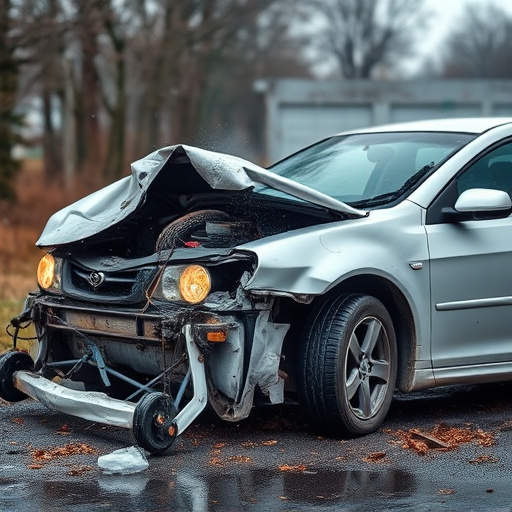
In the realm of glass setting materials, several options are available that meet stringent industry quality certifications, ensuring superior performance and safety across various applications. Among the common choices are epoxy resins, polyurethanes, and silicones, each with its unique advantages. Epoxy resins, for instance, offer exceptional bond strength and resistance to chemicals and heat, making them ideal for industrial and automotive applications such as vehicle repair services and car collision repair. These materials are also known for their versatility, allowing for precise bonding in complex shapes and structures.
Polyurethanes stand out for their flexibility and durability, providing excellent sealing properties and insulation against temperature fluctuations. They are frequently used in both residential and commercial settings, from window installations to automotive repairs. Silicones, on the other hand, boast superior weather resistance and long-term stability, making them suitable for outdoor applications and marine environments. In the context of auto painting and vehicle repair services, silicone-based adhesives contribute to a seamless finish, ensuring longevity and aesthetics in car collision repair processes.
Ensuring Quality: Testing and Validation Processes for Glass Setting Materials
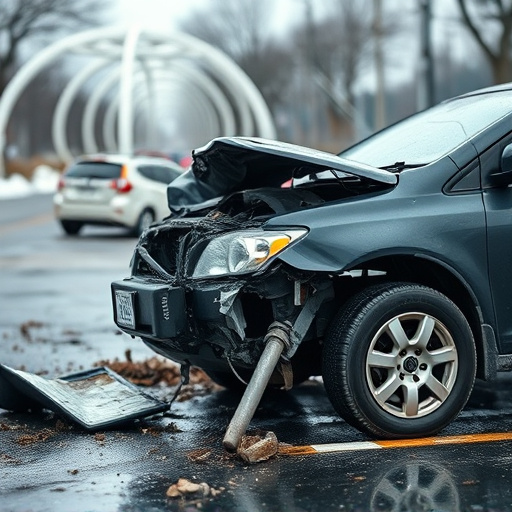
Ensuring quality in glass setting materials is paramount across various industries, from automotive to construction. Reputable manufacturers and suppliers undergo rigorous testing and validation processes to meet industry standards and certifications. These protocols ensure that the glass setting materials are not just effective but also safe and reliable for their intended applications.
In the context of vehicle repair and collision repair centers, the use of high-quality glass setting materials is crucial. Car repair services rely on these materials to restore the structural integrity and safety features of vehicles. Testing protocols often involve simulating real-world conditions, such as temperature extremes, impact resistance, and water impermeability, to verify the materials’ performance and longevity. This meticulous process safeguards against potential hazards and ensures customer satisfaction in both short-term repairs and long-lasting installations.
Glass setting materials play a critical role in ensuring structural integrity and safety in various applications. By adhering to industry quality certifications, manufacturers can guarantee that their products meet stringent standards set by relevant authorities. Through comprehensive testing and validation processes, these certifications verify the performance, durability, and reliability of glass setting materials, ultimately fostering consumer confidence and promoting innovation within the industry.
